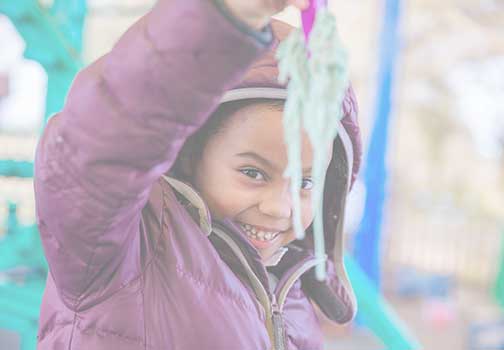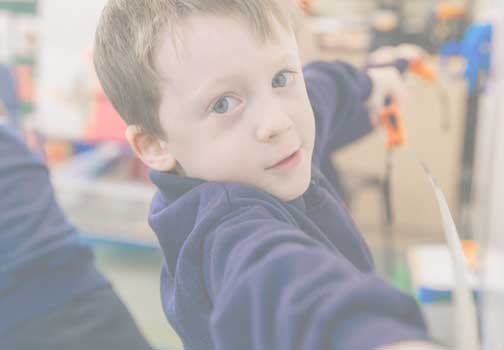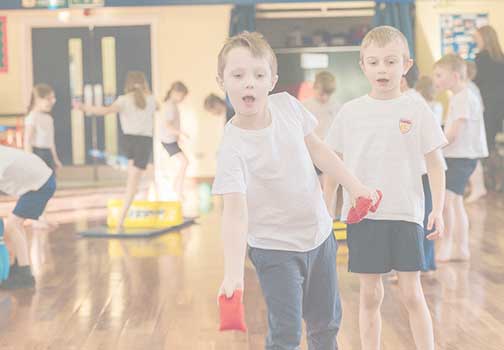Curriculum
Our Curriculum intent
Through our curriculum, we intend for all children, whatever their starting point, to engage and progress in their learning. Our curriculum is designed to motivate and inspire children to want to become life-long learners, with the skills and knowledge to achieve their very best. We recognise the importance of sequential learning, ensuring that children revisit and build on previous learning. As a school, we listen to and tailor our learning to children's needs and interests, providing first-hand learning experiences and supporting them to develop interpersonal skills, build resilience and become creative, critical thinkers.
Children leave Capel with a sense of belonging to a tightly knit community where they have the confidence and skills to make decisions, self-evaluate and contribute positively to society.
To find out more about the curriculum content for your child please contact your child's class teacher.
In more detail:
The Early Years Foundation Stage (Reception Class)
The Early Years Foundation Stage (EYFS) Curriculum aims to build a secure foundation for children to progress through school and life. It is aimed at children from birth to 5 years and all pre-schools, nurseries, childminders and reception classes are required to follow it. We teach the Read Write Inc phonics program which starts in EYFS. To learn more about the EYFS Curriculum follow these links:
- The Statutory EYFS framework can be viewed here
- A Parents' Guide to the EYFS curriculum can be viewed here
- Our school's Curriculum Policy can be viewed here
The National Curriculum (Class 1-6)
The subjects that form the National Curriculum for KS1 and KS2 are art and design, design and technology, English, geography, history, computing, mathematics, physical education, religious education, modern foreign langauages (we teach French) and science. To learning more about the curriculum follow these links:
- the National Curriculum framework and programmes of study for the subjects can be viewed here
- a Parents' Guide to the National Curriculum can be viewed here
- our school's Curriculum Policy can be viewed here
| Name |
|---|
Special Educational Needs
Supporting all our students
At Capel Primary School we regularly monitor progress. Where it is not at the expected age related point, even if a special educational need has not been identified, we put in place extra support to enable the pupil to catch up. Examples of this are additional literacy and numeracy booster groups, in-class differentiation and nurture groups. Our on site SEND team, Mrs Chivers and Mrs Haffenden, will liaise with teachers to identify students who require support, enabling us to effectively intervene to improve learning.
Some pupils may continue to make slow progress, despite high-quality teaching targeted at their areas of weakness. For these pupils and in consultation with parents, we will use a range of assessment tools to determine the cause of the learning difficulty. At Capel Primary School we are experienced in using a range of assessment tools to identify specific gaps in learning. We have access to external advisers who are able to use specialist assessments depending on need including the Specialist Teaching Service, Educational Psychologist, Speech and Language Therapy, Occupational Therapist, Physical Therapist and Counselling.
The purpose of this more detailed assessment is to understand what additional resources and different approaches are required to enable the pupil to make better progress. These will be shared with parents, put into a provision plan and reviewed regularly. At this point we will have identified that the pupil has a special educational need because the school is making special educational provision for the pupil which is additional and different to what is normally available.
If the pupil is able to make good progress using this additional and different resource (but would not be able to maintain this good progress without it) we will continue to identify the pupil as having a special educational need.
We ensure that all teachers and support staff who work with the pupil are aware of the support to be provided and the teaching approaches to be used.
Please see the SEND Policy and SEN Information Report below for further information.
| Name |
|---|














